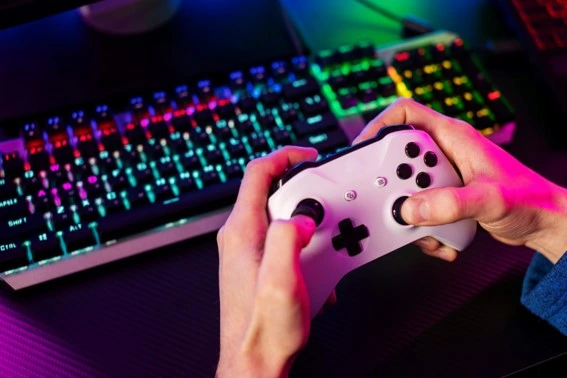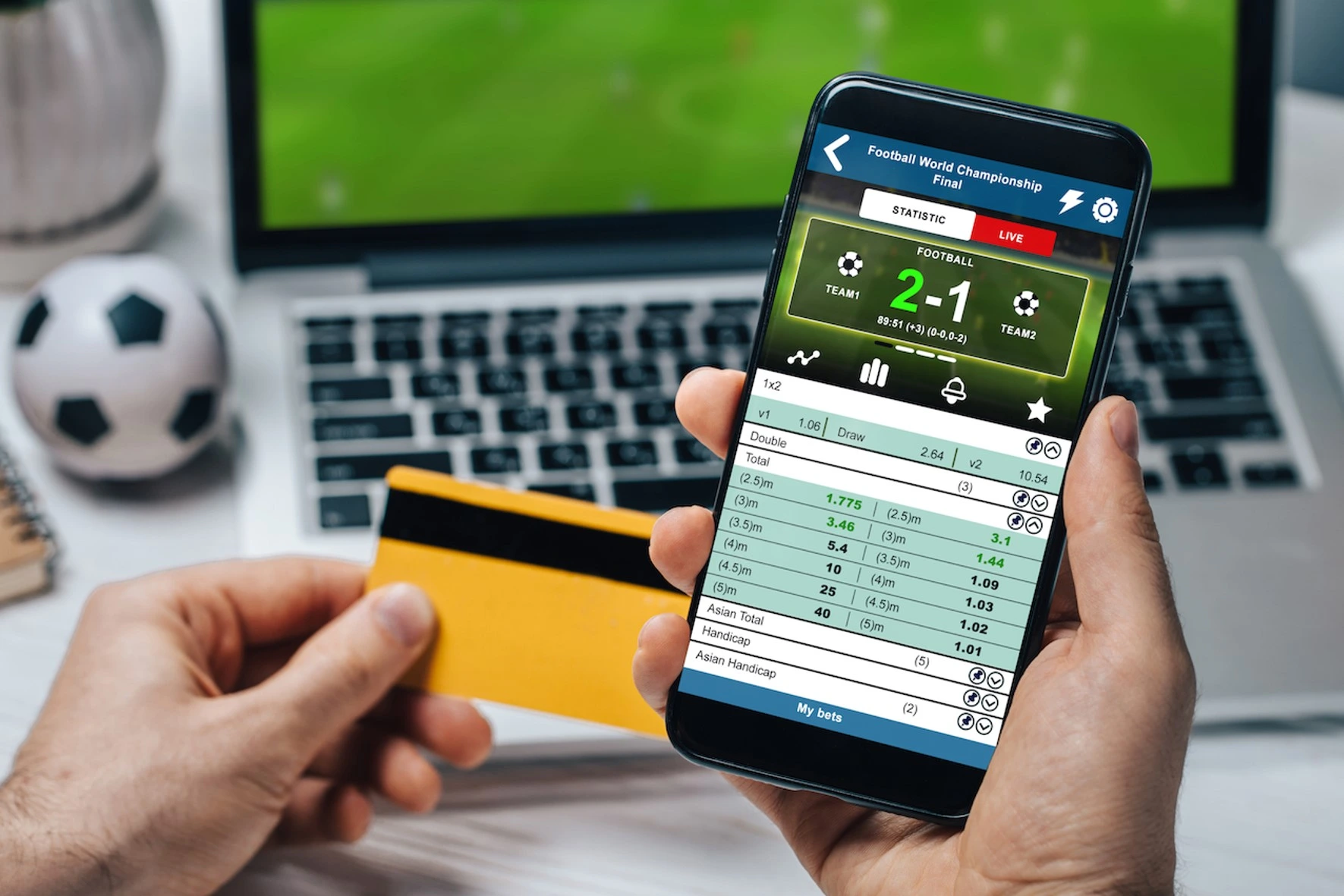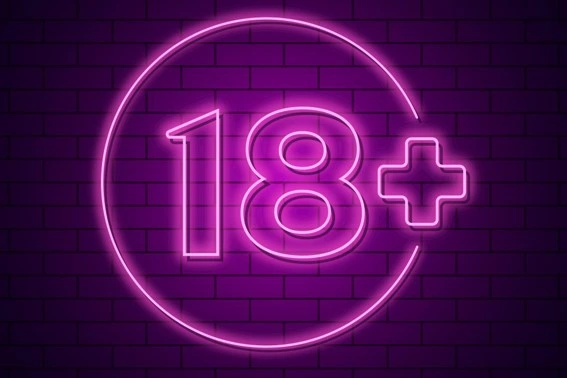The phenomenon of behavioral addiction has grown exponentially in our society. These addictions are particularly complex because they are often tied to activities essential to our well-being, such as sports, eating, or socializing. Proper identification and treatment of behavioral addictions require a specialized approach.
For an overview of the support provided and testimonials from those who have been assisted, visit the homepage.
Behavioral Addiction
Identifying and Managing Addictive Behaviors
Behavioral Addiction - Context

Behavioral Addiction - Definition
There are many misconceptions about behavioral addictions, partly because some of the activities involved are relatively new. From a research perspective, their classification remains a topic of debate within the scientific community, largely due to the need for more empirical data on these behaviors.
Key points :
Behavioral addictions are:
✔
✔
✔
✔
✔
✔
Behavioral addictions are not:
✗
✗
✗
✗
✗
✗
Behavioral Addiction - Activities with Addictive Potential
Gambling
Video games
Social media
Video on Demand and Streaming
Messaging
Information
Dating apps and sites
Sex
Shopping
Food
Sports
Addiction comportementale - Les signes qui doivent vous alerter
Behavioral Addiction - Treatment

Social media
Therapy for social media addiction focuses on analyzing online behaviors, identifying emotional and contextual triggers, and developing emotional regulation strategies. The goal is to promote mindful use of social media while encouraging strengthening of offline social interactions, which is a crucial element in managing this addiction.

Gaming
In treating gaming addiction, the emphasis is on identifying triggers and managing associated cognitive patterns. Stress management skills are reinforced, and a balance between digital leisure and daily activities is encouraged. Therapy also aims to examine excessive, often compensatory behaviors, by exploring underlying motivations for video game play.

Online Betting
To address online betting and other forms of gambling, therapy focuses on trigger analysis, using behavioral restructuring techniques to modify gambling patterns, and strengthening impulse resistance through psychoeducational strategies. The goal is to reduce the financial and social consequences of this addiction by promoting agency and regaining control.

Compulsive shopping
In the context of compulsive shopping, therapy engages in exploring emotional and environmental triggers, identifying underlying cognitive patterns, and applying cognitive-behavioral strategies to modify impulsive thoughts. It aims to foster a healthier relationship with money and promote more thoughtful consumption patterns, thereby mitigating the negative impact of this practice on daily life.

Pornography
For pornography addiction, an integrative therapeutic approach is often necessary. This involves exploring sexual beliefs and attitudes, managing emotions and triggers, and promoting healthy sexual behaviors. Self-confidence, trust in others, and strengthening intimate relationships are crucial aspects of this therapeutic process, aimed at establishing a satisfying emotional and relational balance.
Behavioral Addiction - Finding Balance

To establish an accurate assessment of your situation and implement an appropriate intervention plan, it is highly recommended to consult a qualified specialist. Mental health professionals specializing in addictions are trained to carefully analyze symptoms, provide personalized support, and develop a treatment plan tailored to the individual needs of each person.

